In Rome on the Campo dei Fiori
baskets of olives and lemons,
cobbles spattered with wine
and the wreckage of flowers.
Vendors cover the trestles
with rose-pink fish;
armfuls of dark grapes
heaped on peach-down.
On this same square
they burned Giordano Bruno.
Henchmen kindled the pyre
close-pressed by the mob.
Before the flames had died
the taverns were full again,
baskets of olives and lemons
again on the vendors' shoulders.
I thought of the Campo dei Fiori
in Warsaw by the sky-carousel
one clear spring evening
to the strains of a carnival tune.
The bright melody drowned
the salvos from the ghetto wall,
and couples were flying
high in the cloudless sky.
At times wind from the burning
would drift dark kites along
and riders on the carousel
caught petals in midair.
That same hot wind
blew open the skirts of the girls
and the crowds were laughing
on that beautiful Warsaw Sunday.
Someone will read as moral
that the people of Rome or Warsaw
haggle, laugh, make love
as they pass by the martyrs' pyres.
Someone else will read
of the passing of things human,
of the oblivion
born before the flames have died.
But that day I thought only
of the loneliness of the dying,
of how, when Giordano
climbed to his burning
he could not find
in any human tongue
words for mankind,
mankind who live on.
Already they were back at their wine
or peddled their white starfish,
baskets of olives and lemons
they had shouldered to the fair,
and he already distanced
as if centuries had passed
while they paused just a moment
for his flying in the fire.
Those dying here, the lonely
forgotten by the world,
our tongue becomes for them
the language of an ancient planet.
Until, when all is legend
and many years have passed,
on a new Campo dei Fiori
rage will kindle at a poet's word.
Warsaw, 1943


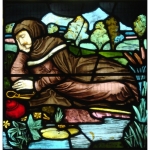
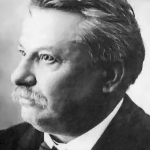
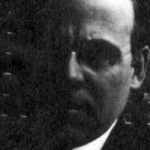
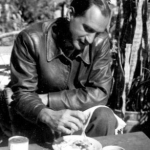
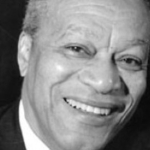
Comment form: